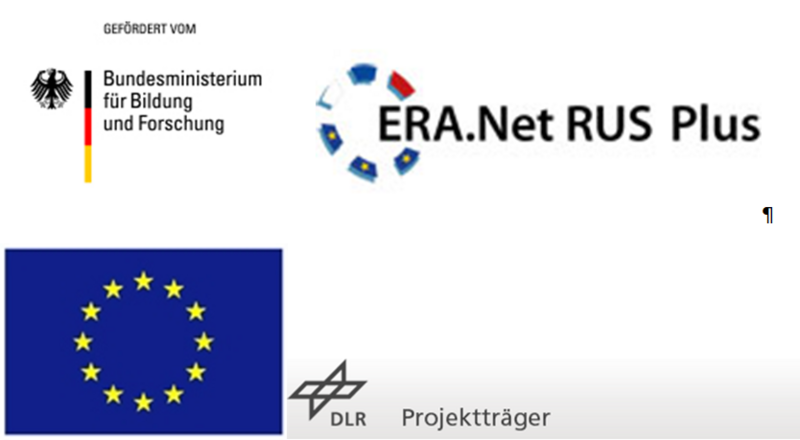BIODEGRADABLE AND NON-BIODEGRADABLE ORTHOPEDIC IMPLANTS WITH BACTERICIDAL COATINGS AND CONTROLLABLE DEGRADABILITY – COATDEGRABAC –

Sub-project INNOVENT
“Coating Mg and Ti samples and preparation of bioactive nanostructured coatings using plasma chemical oxidation techniques”
Duration: 01.06.2019 – 31.05.2022
Consortium:
- National Institute R&D for Optoelectronics INOE2000, Magurele-Bucharest, Romania – Project Coordination
- Scientific-Production Company «Sintel», LLC, Tomsk, Russia
- INNOVENT e.V. Technology Development Jena, Jena, Germany
- Riga Technical University, Riga, Latvia
- University of Heidelberg, Institute for Transfusion Medicine and Immunology, Mannheim, Germany
- Kronos Bio Technical University Ankara, Ankara, Turkey
- TEHNOMED IMPEX CO S.A., Bucharest, Romania
Abstract
Implants made of both biodegradable magnesium alloys and non-biodegradable titanium-based alloys may fail prematurely. In order to reduce such failure significantly, the “CoatDegraBac” research project will develop specially designed antibacterial and bioactive coatings. Such coated implants improve the bone binding abilities and thus accelerate the osseointegration. Moreover, they reduce local inflammation and ensure a long-term antibacterial effect. Applying a multidisciplinary approach enables the design of innovative coatings and the investigation of their interactions with cells and tissues, using advanced physical, chemical and biological methods with ex vivo and in vivo models as well. Thereby, development of surface modifications of Mg and Ti alloys considers important surface parameters such as topography, roughness and blind porosity to enhance adhesion, proliferation, growth and differentiation of osteoblastic cells, leading to improved osseointegration.
Beyond current state of the art, novel calcium phosphate (CaP) coatings, potentially doped with Zn or Cu and/or Sr and adjusted with a controllable dissolution rate of the doped elements, ensure an optimal release kinetics of antibacterial agents, providing the antibacterial properties for up to six months post-implantation. The innovative properties of the developed surfaces are tested for their biocompatibility in functional test systems, so that the influence of the dissolution rate of the doped elements (Zn, Cu, Sr) on the essential innate immune responses can be examined for the first time.
To demonstrate the proof of concept, a coated implant prototype is evolved and validated using an animal model. CoatDegraBac will have a significant impact on the international scientific community by intensifying the interdisciplinary research in regenerative medicine. Thereby, the project will develop a novel technology for surface functionalization of Mg- and Ti-based alloys with bioactive and antibacterial coatings. The resulting socio-economic impact bases on the providing of innovative implant design solutions for the industry that improve patients' quality of life.
Acknowledgement
This project is supported within the framework of the European - Russian initiative ERA.NET RUS Call 2017 from August 2018.
More Information on https://coatdegrabac.inoe.ro.





